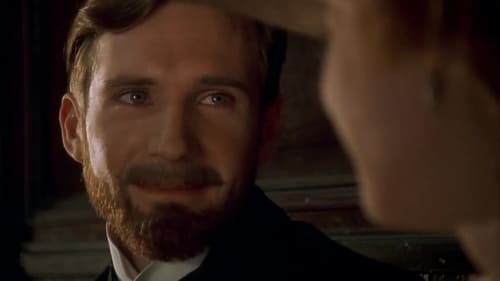
The story of a Jewish family living in Hungary—through three generations—rising from humble beginnings to positions of wealth and power in the crumbling Austro-Hungarian Empire. The patriarch becomes a prominent judge but is torn when his government sanctions anti-Jewish persecutions. His son converts to Christianity to advance his career as a champion fencer and Olympic hero, but is caught up in the Holocaust. Finally, the grandson, after surviving war, revolution, loss and betrayal, realizes that his ultimate allegiance must be to himself and his heritage.
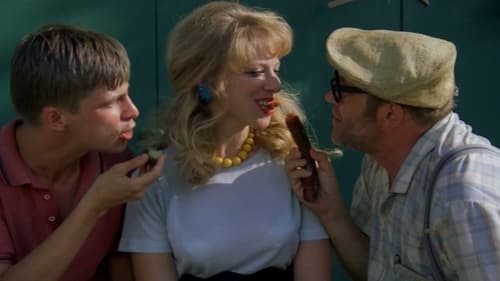
This story has a horse-race fan main character who sells clothes-hangers On one trip, a young, teenager boy relative goes with him. They have a lot of adventures as they become friends. Girls, dance and horse-racing are the themes while they sell the clothes-hangers this summer...

Janos Flandera (Frigyes Funtek) is a student who is kept by an older woman in this depressing drama. When he applies to a prestigious school in Moscow, he is turned down because he is a gigolo. Not only is his scholarship request denied, he is sentenced to a year in prison at hard labor. Janos abandons the jealous older woman who helped deny his entrance to the school. Punished after defending a political prisoner, Janos takes solace in love affairs, but his union with the crippled daughter of a prominent political official puts his life in danger.

The story of a childless Jewish couple in WWII-era Hungary who adopt a Hungarian boy and raise him with their values and traditions.

Angi Vera, as a promising young woman, gets invited to a Communist training center to undergo the next level of indoctrination into Party life. She begins to realize how people get ahead in the Party: by saying things they don't mean but think are politically correct; by becoming friends with Party dignitaries, even if you don't like them; by being seen as a dedicated worker (as opposed to actually being a dedicated worker).
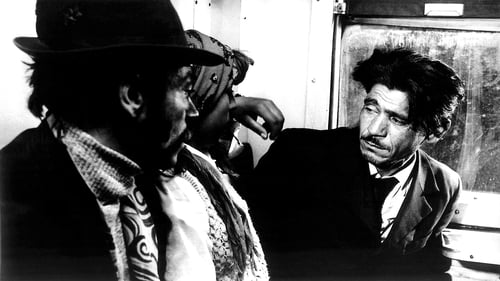
Balog Mihály, the Gypsy man from Szabolcs works in Budapest. That is where he is notified that his young wife died. Again he behaves differently from his fellow-men in the Koportos Gypsy settlement: he wants to give a beautiful, rich burial ceremony to his wife.

Erzsi, Jóska's wife
When middle-aged Kata realises that her life will only be complete if she has a baby of her own, her longstanding-but-married boyfriend Joska refuses to comply. But by developing an unlikely friendship with the angst-ridden teenage orphan Anna, who is also involved in a controversial relationship, Kata discovers aspects of herself, and her role as a woman, that have gone unexamined throughout her entire, lonely life.
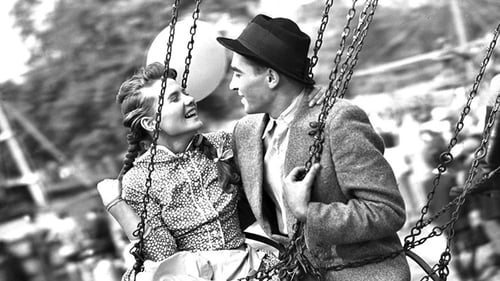
In a rural scenery in the throes of difficult changes lives a humble but promising young farmer girl called Mari Pataki. Her father forbids her from seeing the man she loves. The father, above all preoccupied by work on the fields and prospective wealth, decides to give his daughter in marriage to an old but rich man with whom he does business. Land marries land, he says. This seems to be the unyielding rule of the Hungarian peasantry. But the young lover is ready to stand up to any challenge to keep Maris love.

Rózsi
In the vocational school the professionally excellent Dani János works on his own invention in his leisure time, but he does not like learning. However, even his own father learns in the evenings, he will become a teacher.
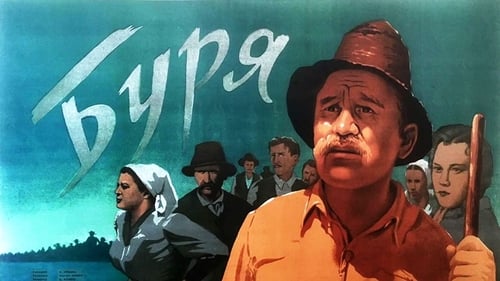
Vörös Hajnal (Red Dawn), a co-operative is the venue of skylarking, while the storm destroys the wheat which is to be harvested soon. Árendás, a middle-peasant, voices severe accusations against members of the co-operative: out of negligence, they failed to keep the ditches clean. It is always the soft option they seem to favour, while the necessity of properly taking care of the farmlands is long-forgotten. Members of the co-operative and the village people are deeply divided.









